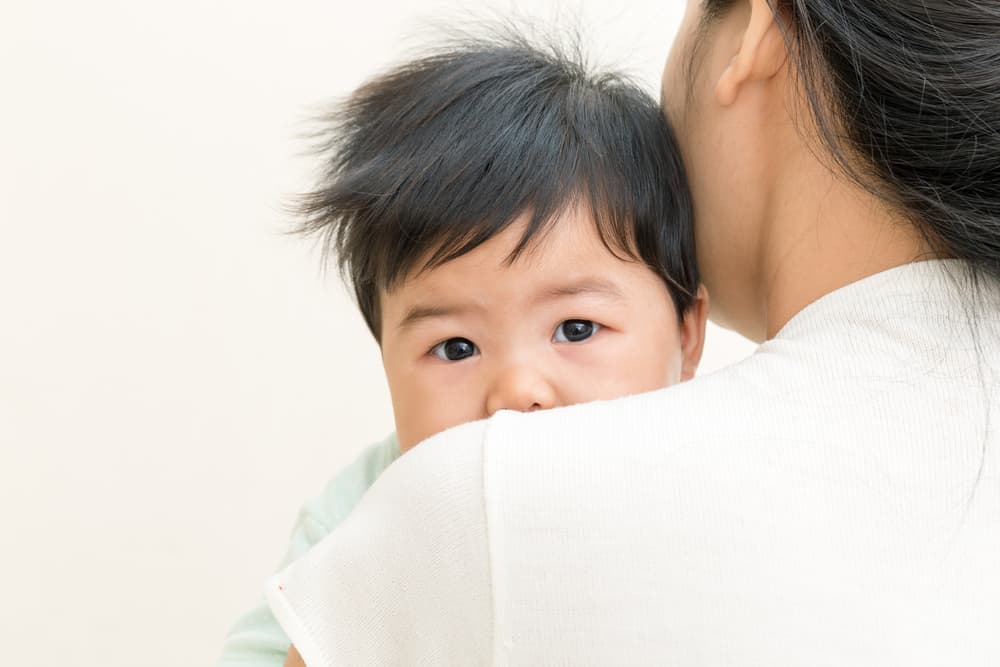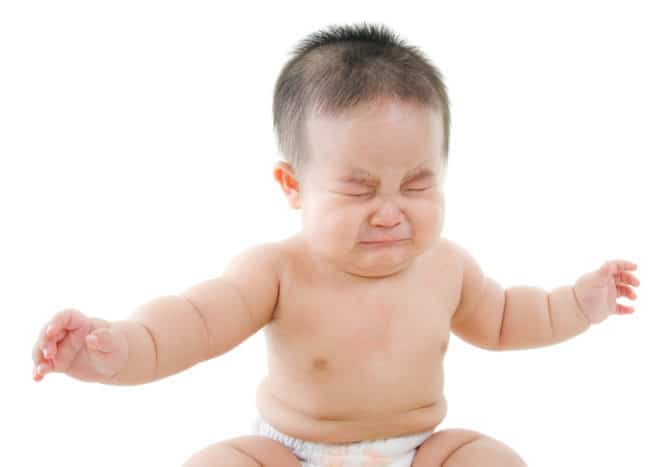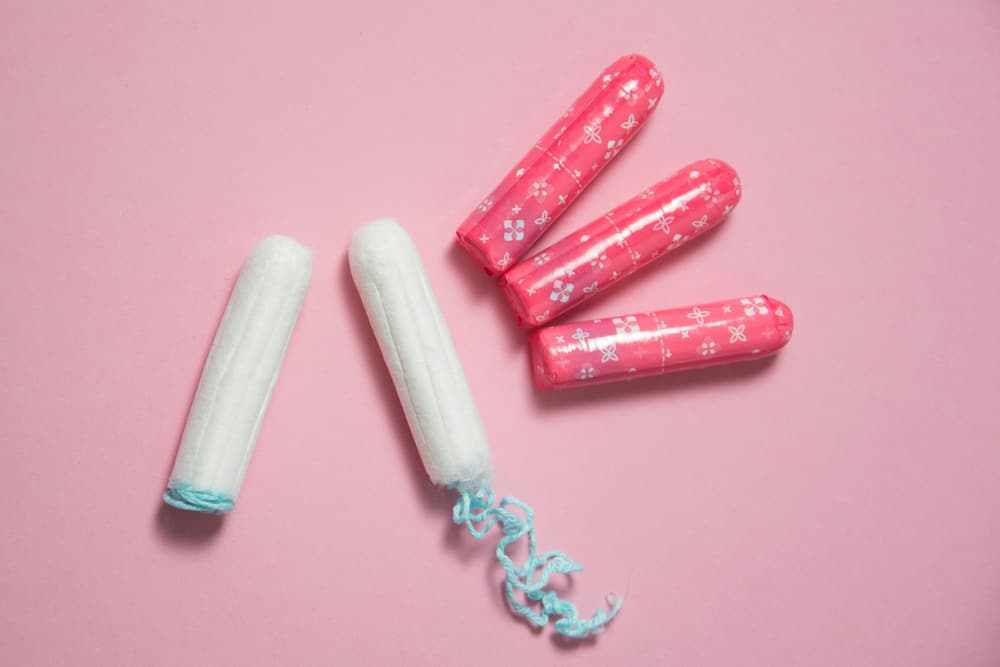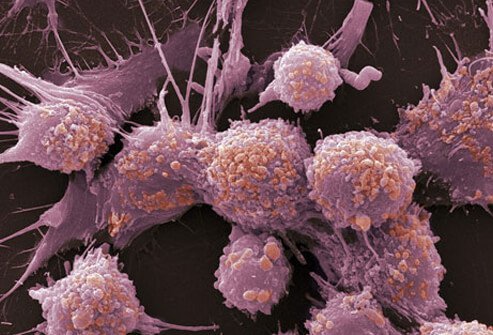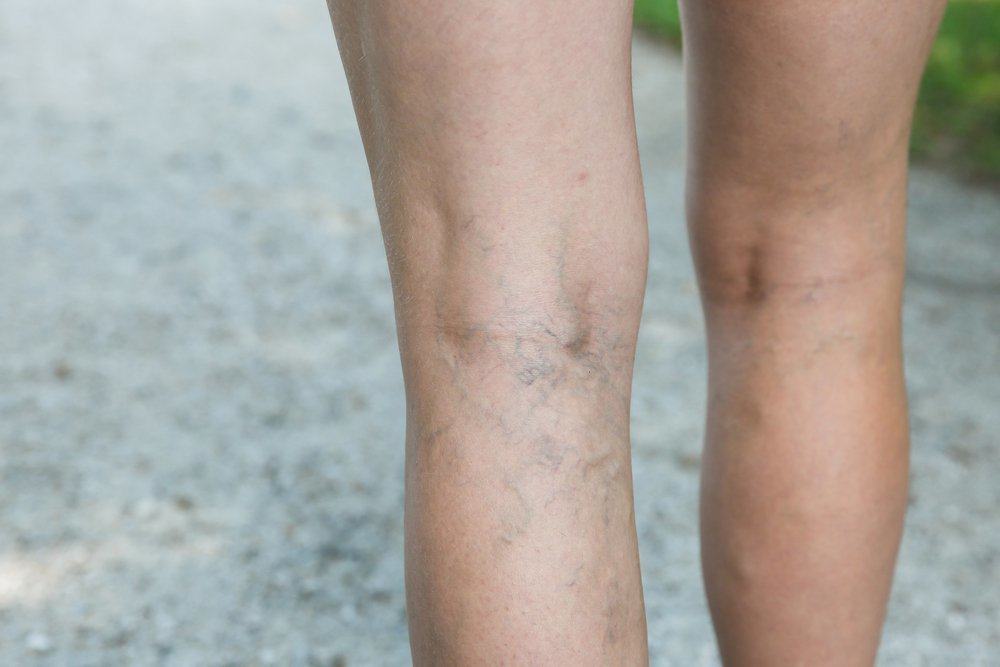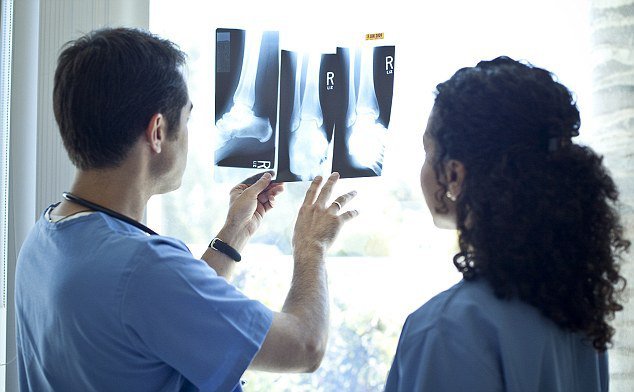Contents:
- Medical Video: Treating Your Baby's Cold: Nasal Saline & Suction - Boys Town Pediatrics
- Baby wheezing, why can it happen?
- What causes wheezing in infants?
- 1. Allergy
- 2. Bronchiolitis
- 3. Asthma
- 4. GERD
- 5. Other causes
- How to treat wheezing in infants?
Medical Video: Treating Your Baby's Cold: Nasal Saline & Suction - Boys Town Pediatrics
If you have heard or lately your little one often makes a 'ngik' sound when breathing, he may experience wheezing. Wheezing is a distinctive sound that arises because the airways narrow. Because of this constriction, a sound like 'cool' will emerge when the sufferer takes a breath. Most cases of wheezing are more common in adults, but not a few who attack while still a baby. How come? Indeed, what is the cause of wheezing in infants?
Baby wheezing, why can it happen?
Although not always the case, but around 25-30 percent of babies can experience wheezing at least once. As we get older, around 40 percent experience wheezing at the age of three and almost 50 percent at the age of six.
The most common reason is because the size of the baby's lungs is smaller so that the respiratory tract where oxygen and carbon dioxide flow is fairly narrow. In addition, the lung's ability to return to its original form after taking breath, has not developed optimally in the baby. As a result, a distinctive sound appears like a soft whistle when the baby breathes.
When the baby's breath continues to sound like this, try to pay close attention to whether something is interfering with the breathing process.
What causes wheezing in infants?
Some of the following conditions can cause wheezing in infants:
1. Allergy
If the baby is allergic to something, such as dust, pollen or mites, the body will catch the substance as a foreign object. This condition will trigger an immune response to produce phlegm.
The baby has not been able to clean his own nose and throat, so this phlegm remains in the narrow nasal passages and makes it clogged. All of this causes the airways to narrow and cause wheezing in babies.
2. Bronchiolitis
Bronchiolitis is an infection of the lower respiratory tract (lung) caused by a virus attack. This condition is common especially during cold weather. The initial symptoms are characterized by runny nose, coughing, difficulty breathing, until finally the baby experiences wheezing.
Generally, symptoms of bronchiolitis will take place in a matter of days or weeks. But in some cases, this disease can occur for a month and it takes longer to cure it. Babies can be treated at home or in the hospital depending on the severity of the disease.
3. Asthma
Asthma in infants is still rather difficult to detect because the symptoms experienced are very similar to those of other diseases. But some babies may have sensitive airways, making them more at risk of developing asthma when they are triggered, such as dust, air pollution, or cigarette smoke. If so, coughing, shortness of breath, and wheezing will occur.
Actually, wheezing in a baby does not always mean that he has asthma. It's just that, if the wheezing continues without stopping, the doctor can carry out a series of examinations to detect the initial cause.
4. GERD
Gastroesophageal reflux disease (GERD) or gastric acid reflux is a condition when stomach acid rises back towards the esophagus causing a burning sensation in the chest.
Gastric acid can enter the lungs and cause irritation and even swelling in the baby's airways. This then causes wheezing to occur in the little one.
We recommend that you let the baby sit for approximately 30 minutes after eating or breastfeeding to reduce the risk of stomach acid rise.
5. Other causes
In rare cases, wheezing in infants can indicate chronic illness. For example immunodeficiency diseases, congenital vascular abnormalities, cystic fibrosis, pneumonia, and so on. Note if your child has a fever of more than 38 degrees Celsius, as a sign of his body's health is declining.
How to treat wheezing in infants?
The right treatment for wheezing in infants is tailored to the cause. If the case of wheezing just happened for the first time and is not too severe, you can treat it yourself at home according to the doctor's advice.
For example, by using a humidifier that will provide optimal humidity for the environment so that it helps loosen the baby's airways which are blocked due to wheezing. Or use bulb syringe to suck mucus that clogs the baby's nostrils.
You can also use a nebulizer which is a steam machine to help relieve asthma symptoms. However, this treatment is usually only recommended by doctors if the problems experienced by babies are related to asthma.
Not to forget, it is important to make sure the baby gets enough fluid intake. Optimal hydration will help facilitate the baby's airway.

